MCQ ON NEPHRON class 12 for NEET | NEPHRON class 12 | MCQ NEPHRON with Answer | Check the below NCERT MCQ question for class 12 Biology based on the with Answers.
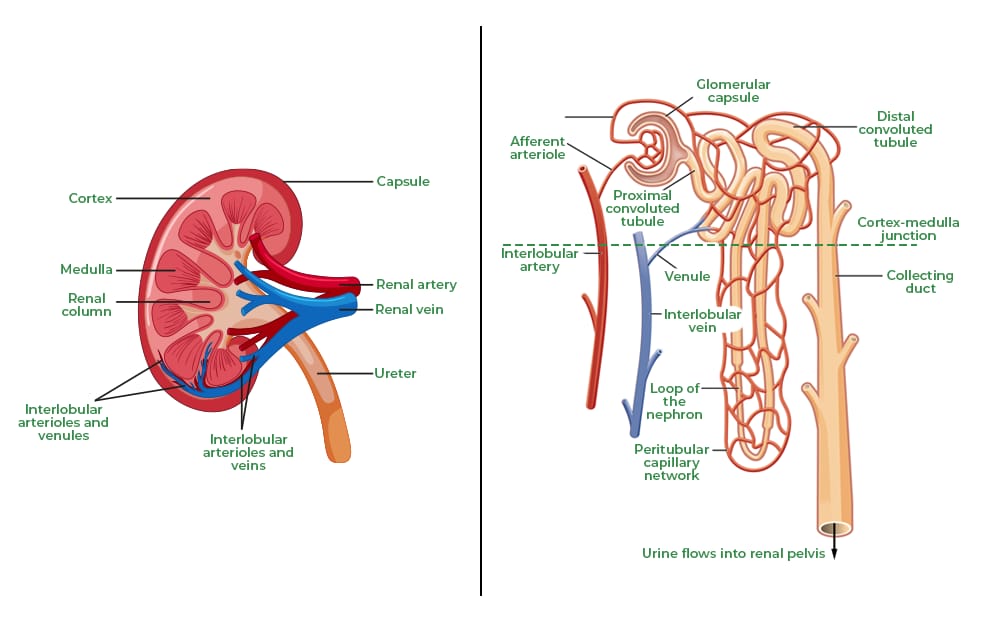
MCQ ON NEPHRON class 12 for NEET
MCQ on NEPHRON class 12 Biology with answers were prepared based on the latest pattern.We have provided class 12 Biology MCQs question with Answers to help students understand the concept very well.
MCQ ON NEPHRON is useful for NEET / CSIR / UGC / CBSE / ICSE / AIIMS / EXAM / AFMC EXAM / STATE LEVEL MEDICAL EXAM 2022-23 , 2023-24
INTRODUCTION:-
Nephron is a unit of structure and function in a kidney. Kidney contains about a millions nephrons each approximately 3 cm long. There is thus an enormous surface area for exchange of materials in a kidney.
Nephron is a long tubular differentiated into four regions having different anatomical features and physiological role Bowman’s capsule, proximal convulated tubule , loop of Henle , and distal convulated tubules.The atter opens into ine of the collecting ducts.
Nephrons are of two types:
Cortical and juxtamedullary , with regard to their location in the kidney .
The cortical nephron form about 80 percentage of the total nephron.They lie in the renal cortex and have very short loops of Henle that extend only a little into the medulla.The juxtamedullary nephrons have their Bowman’s capsule close to the junction of the cortex and the medulla, and have very long loop of Henle , extending deep into the medulla.
MCQ ON NEPHRON class 12 for NEET
1. The functional unit in kidney
(a) nephron
(b) nephritis
(c) neuron
(d) loop of Henle
Ans (a) nephron
2. Malpighian tubule remove excretory matter from the
(a) oral cavity
(b) alimentary canal
(c) haemolymph
(d) all of these
Ans. (c) haemolymph
3. Proximal and distal convulated tubules are parts of
(a) seminiferous tubules
(b) nephron
(c) oviduct
(d) vas deference
Ans. (b) nephron
4. Brush border is characteristics of
(a) neck of nephron
(b) collecting tube
(c) proximal convulated tubule
(d) All the above
Ans.(c) proximal convulated tubule
5.The hormone that promotes reabsorption of water from glomerulus filtrate is
(a) oxytocin
(b) vasopressin
(c) relaxin
(d) calcification
Ans.(b) vasopressin
6. Distal convulated tubule is lined with
(a) cuboidal epithelium
(b) collated squamous epithelium
(c) pseudostratified epithelium
(d) columnar epithelium
Ans.(d) columnar epithelium
7. Inner wall of the Boman capsule called
(a) visceral wall
(b) renal corpuscles
(c) malpighian tubule
(d) nephron
Ans.(a) visceral wall
8. The Bowman’s capsule and the glomerulus together form a globular body called
(a) renal corpuscles
(b) malpighian tubule
(c) both a and b
(d) loop of Henle
Ans.(c) both a and b
9. It is U shaped segment of the nephron located in the renal medulla
(a) loop of Henle
(b) malpighian tubule
(c) glomerulus
(d) endonuclease
Ans. (a) Loop of henle
10. Ducts of Bellini is found in
(a) PCT
(b) DCT
(c) Collecting duct
(d) loop of Henle
Ans. (c) collecting ducts
11. Podocyte is related to
(a) malpighian tubule
(b) renal corpuscles
(c) Bowman’s capsule
(d) loop of Henle
Ans.(c) loop of Henle
12. Vasa recta is part of
(a) nephron
(b) neuron
(c) pleura
(d) pericardium
Ans . (a) nephron
13. A kidney receives the blood by a
(a) renal artery
(b) dorsal aorta
(c) afferent artiole
(d) Tubulin proteins
Ans.(a) renal artery
ALSO READ:-
● YOU CAN WATCH BIOLOGY SIR Youtube channel
14. Which type of nephrons forms of 80 percentage
(a) medullary
(b) cortical nephron
(c) both
(d) anorthospiral
Ans. (b) cortical nephron
15. Justamedullary forms only
(a) 20 percentage
(b) 80 percentage
(c) 100 percentage
(d) centromere
Ans.(a) 20 percentage
16.dialysia is related to
(a) kidney
(b) lungs
(c) intestine
(d) none of the above
Ans.(a) kidney

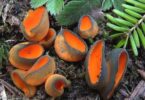
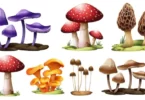
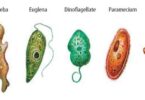
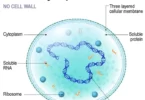
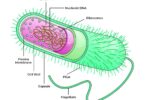
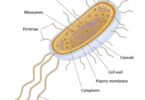
Leave a Comment